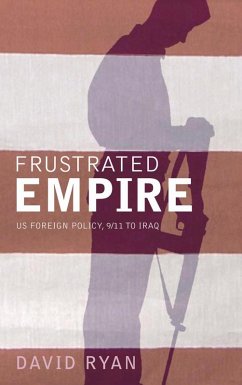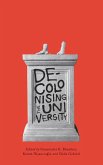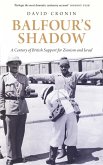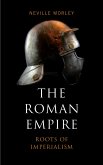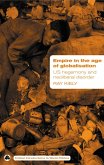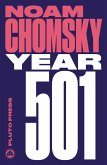Examining the broad contexts of US foreign policy and the lingering aftermath of the Vietnam War, David Ryan argues that these events created an opportunistic framing of 9/11, paving the way for the long-held neo-conservative desire for regime change and war in Iraq.
He examines the construction of the cultural framework for war following 9/11, the legitimacy of military force in Afghanistan, the rise of anti-Americanism, within the broader contexts over the struggle over legitimacy, identity and leadership.
Turning the 'clash of civilisations' thesis on its head, Ryan presents a careful analysis of the evolution of US foreign policy and its engagement with Iraq through the 1980s. While 9/11 provided the opportunity, the post-Vietnam context provides a more pertinent framework for this reflection on the Gulf War, the Iraq War and the strategic implications for US foreign policy.
He examines the construction of the cultural framework for war following 9/11, the legitimacy of military force in Afghanistan, the rise of anti-Americanism, within the broader contexts over the struggle over legitimacy, identity and leadership.
Turning the 'clash of civilisations' thesis on its head, Ryan presents a careful analysis of the evolution of US foreign policy and its engagement with Iraq through the 1980s. While 9/11 provided the opportunity, the post-Vietnam context provides a more pertinent framework for this reflection on the Gulf War, the Iraq War and the strategic implications for US foreign policy.
Dieser Download kann aus rechtlichen Gründen nur mit Rechnungsadresse in A, D ausgeliefert werden.

